The 95th Academy Awards ceremony will be held in Los Angeles on March 12, 2023. The highly anticipated annual event has received a lot of criticism in the past decade for its lack of diversity in its nominations and awards. Needless to say, the iconic statuette of the Oscars has a long history of recognizing white men only.
In 95 years, only three women have won the Academy Award for best director: Kathryn Bigelow for Hurt Locker in 2010, Chloé Zhao for Nomadland in 2021, and Jane Campion for The Power Of The Dog in 2022, and only three have won Best International Feature Film, however, many more have been nominated, and their pieces are worthy of praise.
Astrid Henning-Jensen: Nominated For Paw In 1959
Astrid Henning-Jensen was the first woman to be nominated for Best International Feature Film in 1959. Her movie, Paw, also known as The Boy of Two Worlds, follows the story of a biracial boy who runs away from his aunt's place in Denmark to live in the forest.
The film addresses difficult themes such as racism, bullying, and the concept of home with great beauty and tenderness as if it was aimed strictly at children, but achieving an outstanding depth that only adults can fully appreciate.
Lina Wertmüller: Nominated For Seven Beauties In 1976
Lina Wertmuller's career was, without a doubt, extraordinary. She became the second woman to be nominated for Best International Feature Film in 1976 with her film, Seven Beauties, and she also became the first woman to be nominated for an Academy Award for Best Director for the same film. This also made her the first woman to be nominated simultaneously for both awards.
As if that was not enough, she was also the second woman to receive an Honorary Award from the Academy. Certainly, she is one of the most outstanding female Best Director nominees of all time, and she proved, in every film, her brilliant and powerful understanding of character depth and well-structured contexts.
Diane Kurys: Nominated For Entre Nous In 1983
Entre Nous follows the story of a Jewish refugee who marries a soldier to not be deported from Germany in World War II. Given that most of Diane Kury's work is semi-autobiographical, the film is especially profound and strong in its depictions.
Diane Kurys succeeds in everything. Her characters' depth, cinematographic style, and complex but effective narrative are incredibly moving and beautiful, making Entre Nous one of the best french movies of the 20th century.
Maria Luisa Bemberg: Nominated For Camila In 1984
Maria Luisa Bemberg became the first Latin American woman to be nominated for the International Feature Film in 1984 with her film, Camila. The piece was so successful and acclaimed that it is considered a classic Argentinian movie.
The movie is based on the real story of Camila O'Gorman and priest Ladislao Gutierrez. The romance is tragic enough, but Maria Luisa Bemberg's way of depicting it makes it all more powerful and heart-wrenching.
Mira Nair: Nominated For Salam Bombay! In 1988
Mira Nair became one of the most iconic female directors when she became the first woman from India to be nominated for an Academy Award for Best International Feature Film with her film Salam Bombay! which also became the second Indian film ever to be nominated at the Oscars.
Salam Bombay! depicts the heartbreaking stories of the children who live in the slums in Bombay in an extraordinarily touching manner. Her masterful approach to the dramatic and harrowing lives of India's childhood makes her film one of the most socially impactful pieces of all time. Understandably so, it is recognized by the New York Times as one of the best 1,000 films of history.
Marlene Gorris: Winner For Antonia's Line In 1995
Marlene Gorris made history in 1995 when she became the first female director to win in the category of Best International Feature Film with her movie Antonia's Line. Although it is sad that a woman only won for the first time 67 years after the Academy Awards were founded, it was an extraordinary moment, nevertheless.
Antonia's Line could easily be considered one of the best movies to ever win an Oscar, but the world's tendency to not pay attention to non-English speaking films has cost the fascinating film its deserved recognition. Its nostalgic format, which reviews flashback memories of its protagonist, is deeply moving and effective, as it reviews the most human aspects of the post-war moments of World War II.
Caroline Link: Winner For Nowhere In Africa In 2002
Caroline Link became the second woman to win within the category in 2002 with her film Nowhere In Africa, which follows the story of a Jewish family who, to escape Germany in World War II, moves to Kenya, and begins farming for a living.
The film is centered around the meaning of culture, belonging, love and home. The constant clashes of different cultures are managed with grace, beauty, and depth, which results in an overall moving piece that questions the most important parts of life and humanity.
Susanne Bier: Winner For In A Better World In 2010
In A Better World touches a great number of important subjects: death, love, belonging, empathy, loss, and bullying, among others, but revenge and forgiveness are the ones that are handled with extraordinary intimacy and power.
Any viewer of this film should be prepared with a box of tissues, as it brutally succeeds in its review of human emotions and relationships, and it touches the deepest corners of the heart. The masterpiece portrays the story of two Danish families in Kenya whose friendship is centered around a great danger.
Kaouther Ben Hania: Nominated For The Man Who Sold His Skin In 2020
The Man Who Sold His Skin follows the life of Sam, a Syrian refugee who agrees to be a tattoo artist's living painting in order to get a visa that will allow him to travel to Europe. Although fictional, the story touches on all the most concerning questions about migrants, refugees, the power of first-world countries, and the elite world of art and intellectuals.
The most outstanding aspect of the film, however, is the cinematography. The use of color and its smart and provocative frames are certainly memorable. Nonetheless, the movie is not flawless and suffers a bit from a flaky and aimless script.
Jasmila Žbanić: Nominated For Quo Vadis, Aida? In 2020
Quo Vadis, Aida? follows Aida, a UN translator who, in 1995, gets trapped in Bosnia as the Serbian army takes over her town. Her family is among the hundreds of people who look for shelter in a UN refugee camp. Given her role as an essential translator and negotiator, she tries to protect them and gain them access to the camp.
The film is compelling and heartbreaking, to say the least. Its brutal depictions of war and refugees, its strong characters, and its fascinating performances make this movie a must, and if it wasn't for the Academy Award rule to just choose one winner, Quo Vadis, Aida? would have definitely won along with Parasite that year.

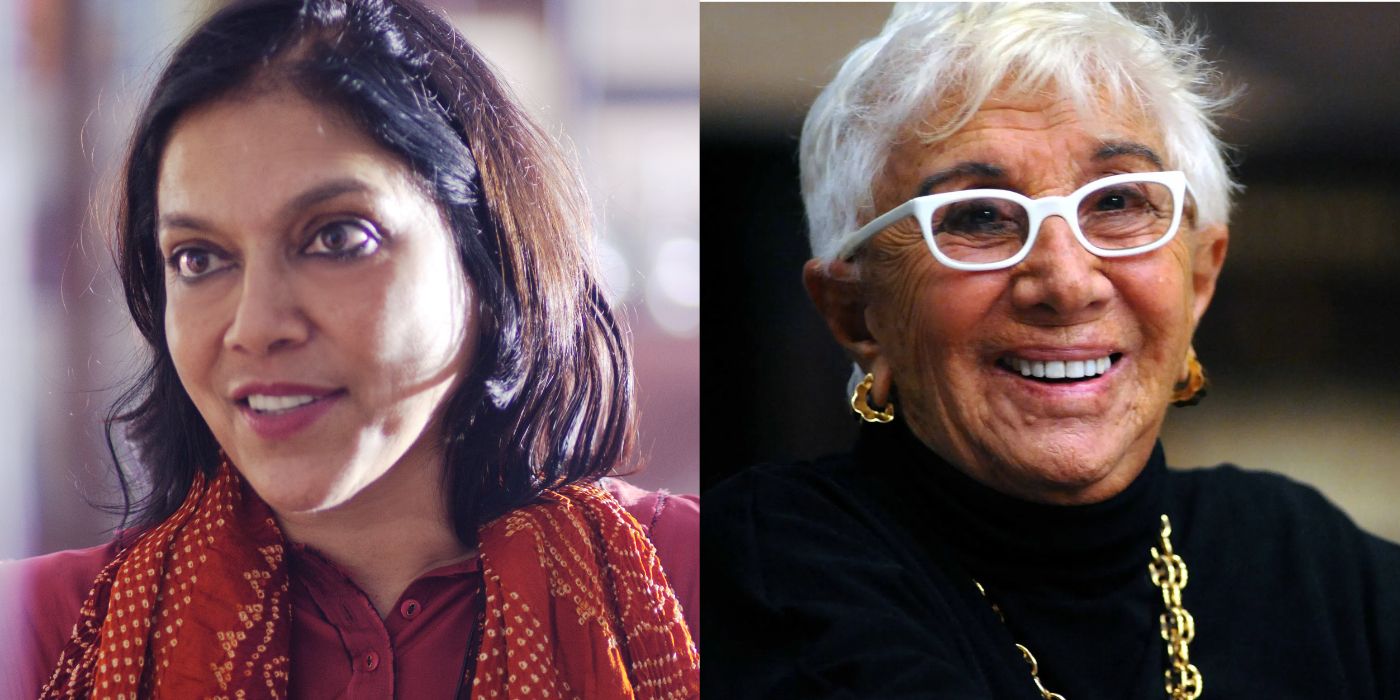
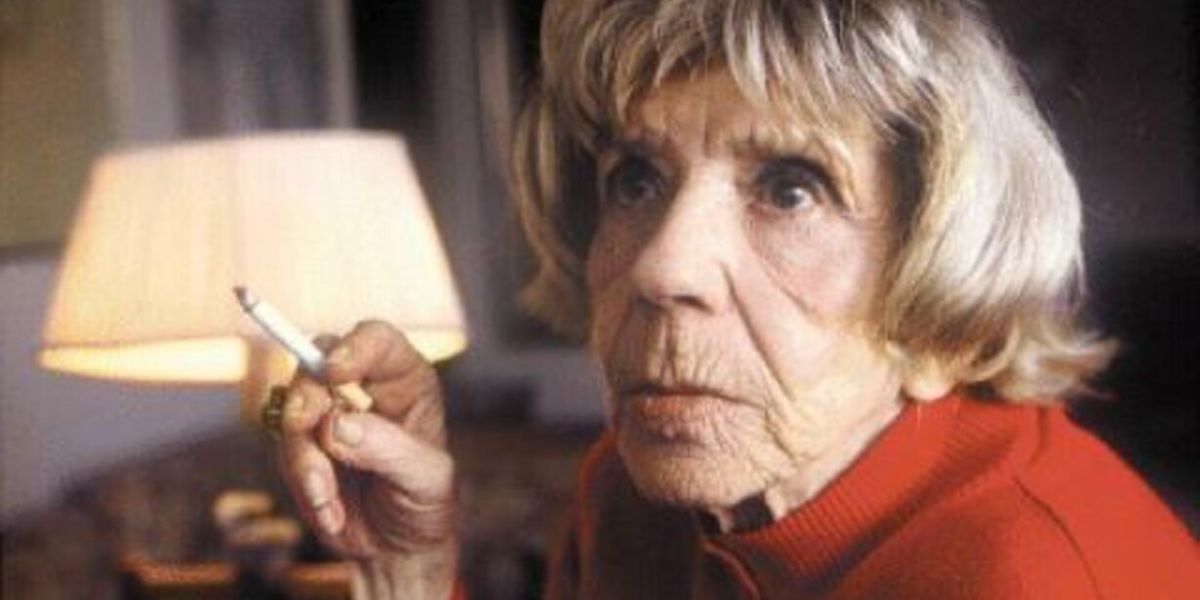
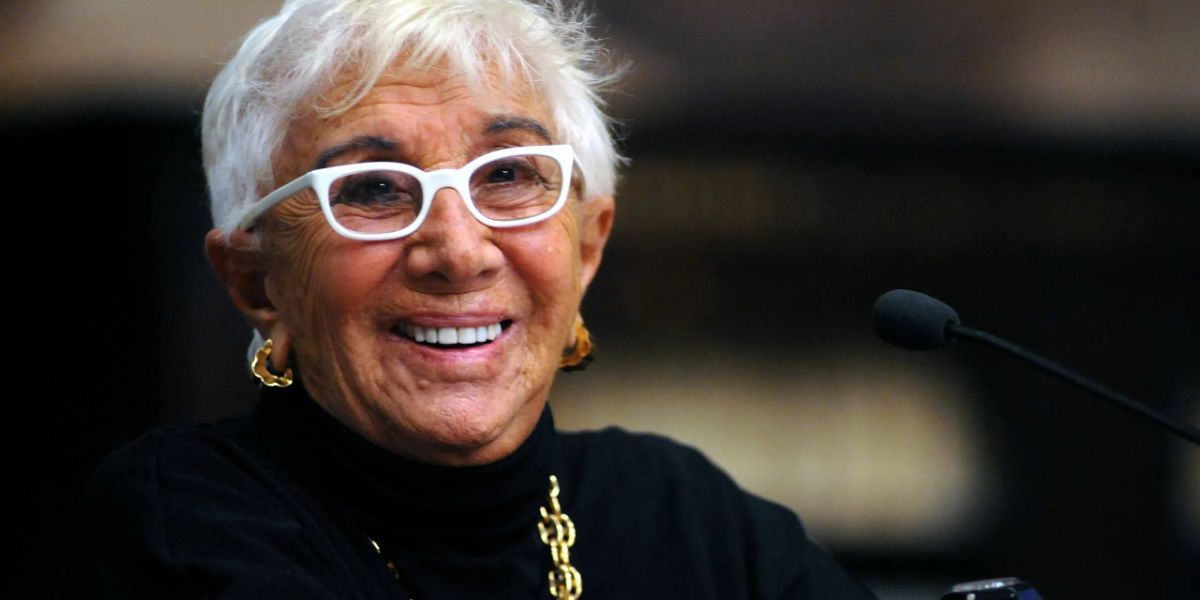

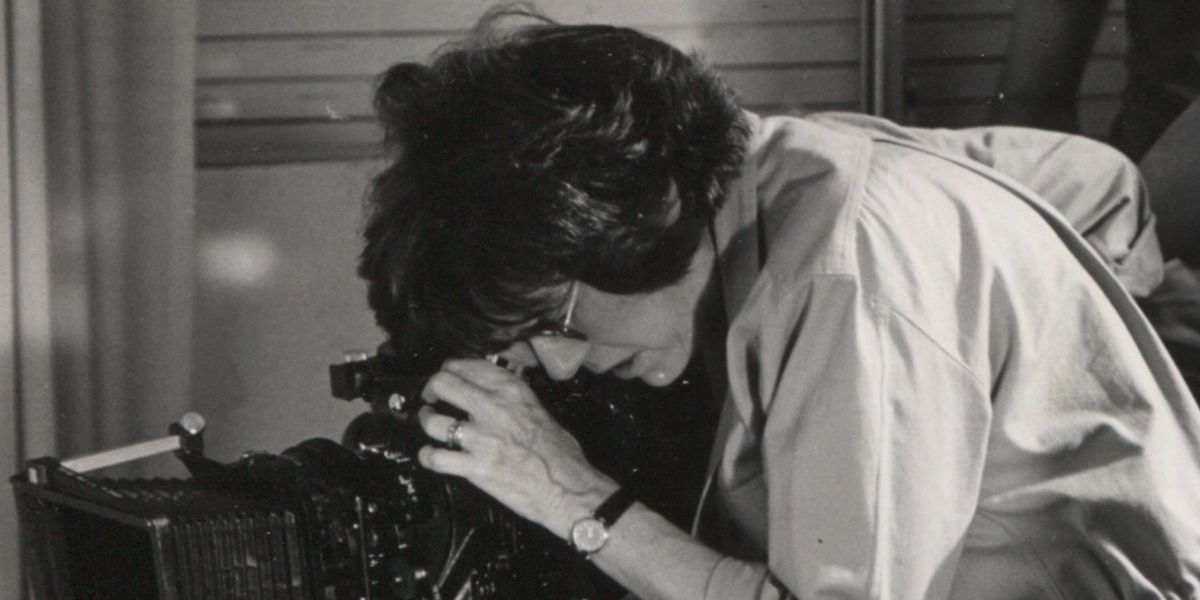
.jpg)
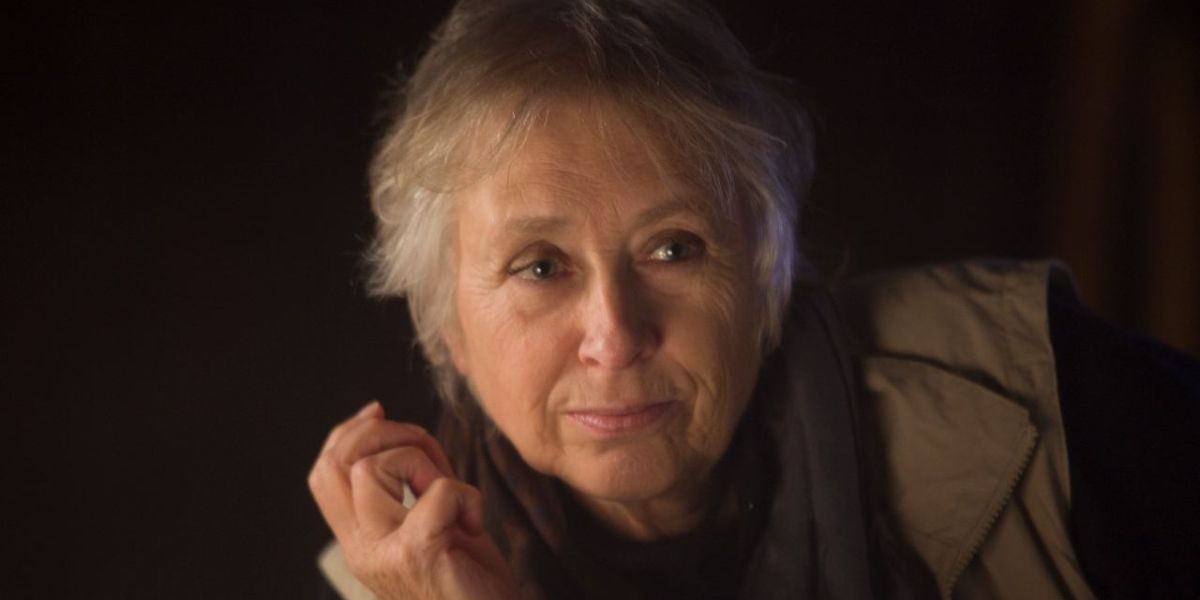
.jpg)

.jpg)
.jpg)